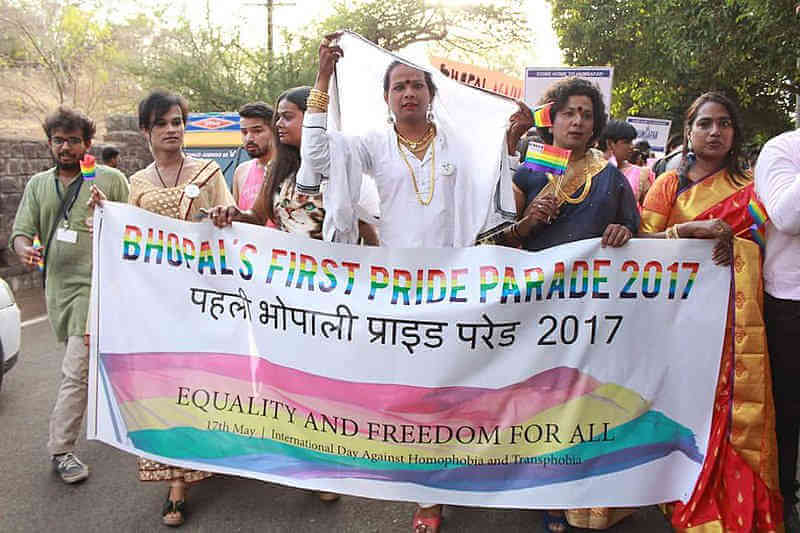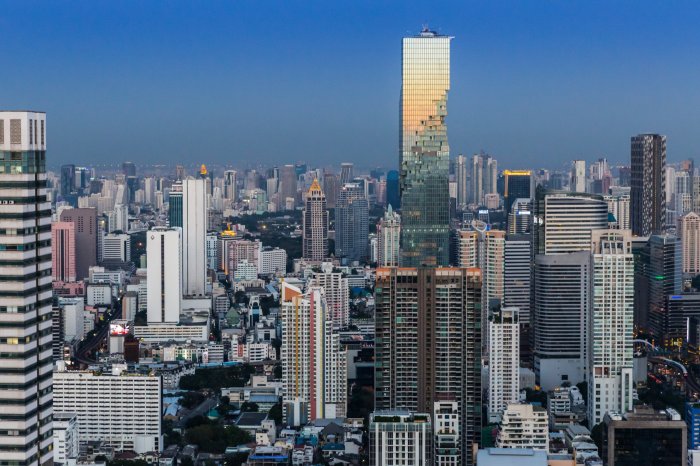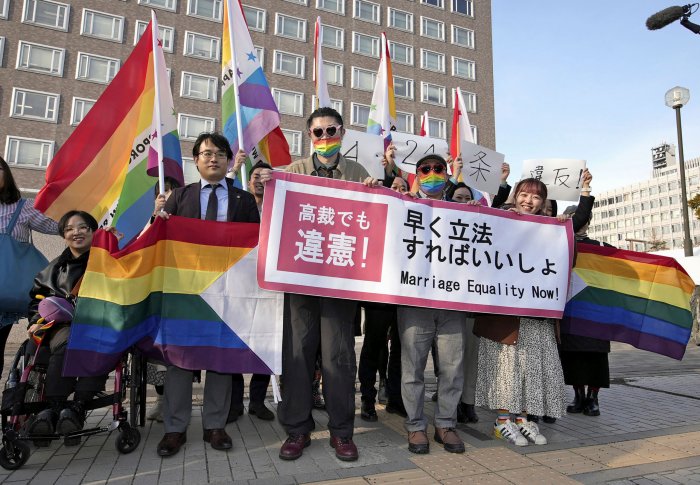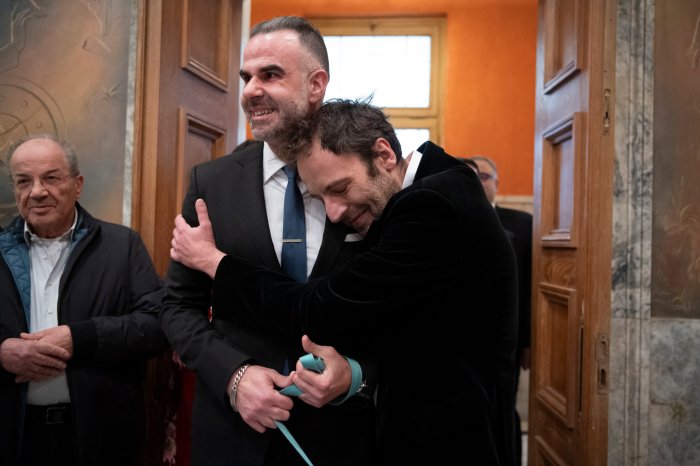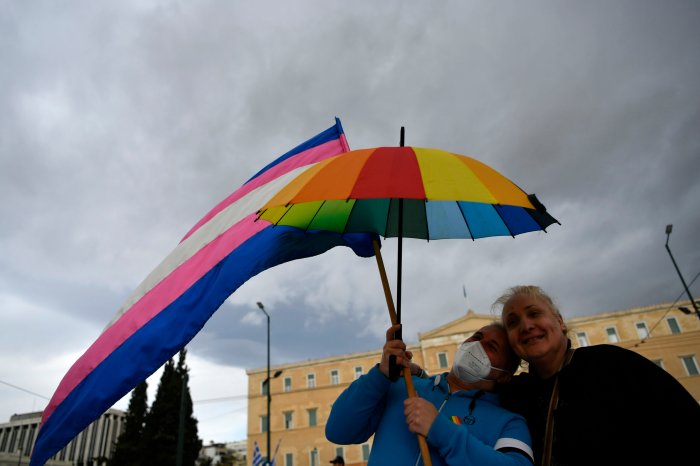The transgender community in India is rejecting a civil rights bill that advocates say does not go far enough in securing their rights and, in some ways, worsens the conditions for them moving forward.
Known as the Transgender Persons Protection of Rights, the bill cleared the Lok Sabha, the lower house of the nation’s parliament. It is awaiting its fate in the Rajya Sabha, the upper house.
But the International Commission of Jurists (ICJ), a 65-year-old group of human rights advocates drawn from the legal community, blasted the bill as a “missed opportunity” and noted that, among other serious concerns, it does not properly address transphobic attacks, lacks the proper framework for protecting trans people, and requires members of the community to go to great lengths to win government recognition of their gender identity.
The transgender community in India is threatening a hunger strike in a clear sign of the urgent nature of concerns about a bill that is just one step away from winning final parliamentary approval.
Under the bill, the government will give official recognition to a person’s gender identity, if different than that assigned at birth, only if the individual undergoes sex reassignment surgery.
The ICJ points out that the gender reassignment requirement directly contradicts the Indian Supreme Court’s 2014 decision in National Legal Services Authority (NALSA) v. Union of India (UOI), which gave the community the right to self-identify as male, female, or a third gender and rendered it illegal to insist on surgery as a requirement for gender transitioning.
The Supreme Court’s ruling also stipulated that discrimination based on gender identity and sexual orientation “impairs equality before law and equal protection of law.”
NALSA, which provides free legal services to poor and marginalized members of Indian society, did not immediately respond to emails from Gay City News for its views on how the bill may conflict with the Supreme Court ruling.
Among other issues, though the measure expressly addresses crimes against transgender people including “sexual abuse” and “physical abuse,” the penalties prescribed for offenders range from six months to two years, which pale in comparison to the penalties for the same crimes against cisgender women, critics at the ICJ say.
Discrimination-related protections are incomplete, as well, according to the ICJ. The proposed non-discrimination protections would apply in both private and public sector settings, but the bill does not outline how to enforce these protections.
The bill also includes penalties for “beggary,” a provision seen as particularly offensive to transgender people who are often are forced to resort to asking others for money due to economic hardship.
“But there is nothing that provides alternative employment opportunities or reservation,” a transgender woman named Madhumita told the Times of India. “It is precisely because of rigid mindset and discrimination at the workplace that transgenders resort to begging.”
The bill is being considered just months after the nation’s Supreme Court struck down the longstanding ban on gay sex.
The India HIV/ AIDS Alliance, which advocates for LGBTQ people, sex workers, and other vulnerable groups, could not immediately be reached for comment.
Transgender activist Celia Sandhya Daniels, who is from South India but currently resides in the US, did not respond to emails or Facebook messages seeking comment on the bill.

